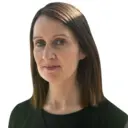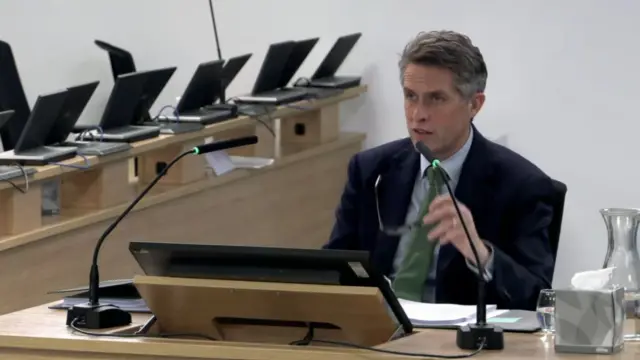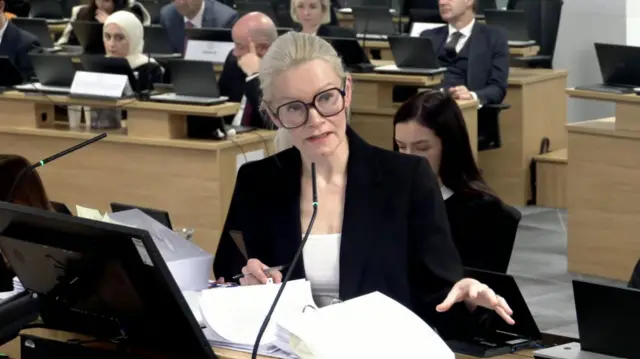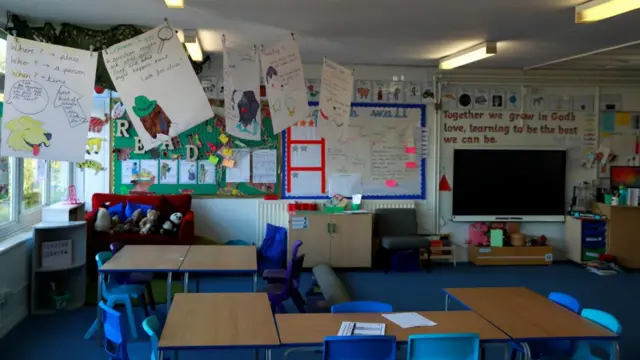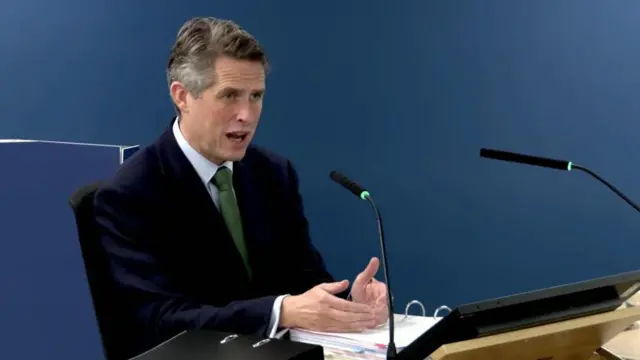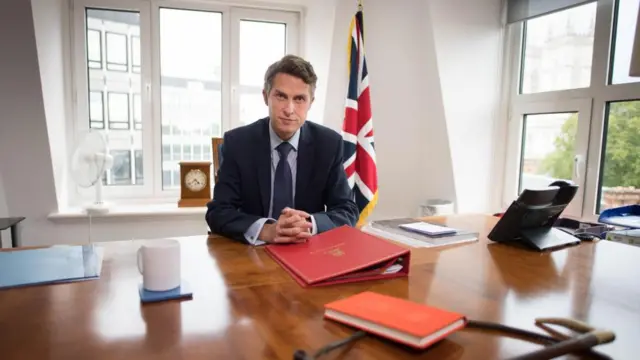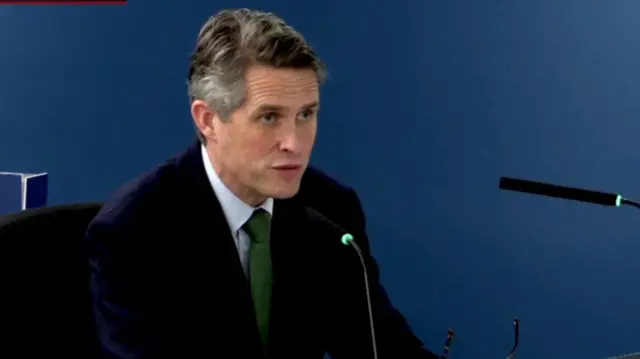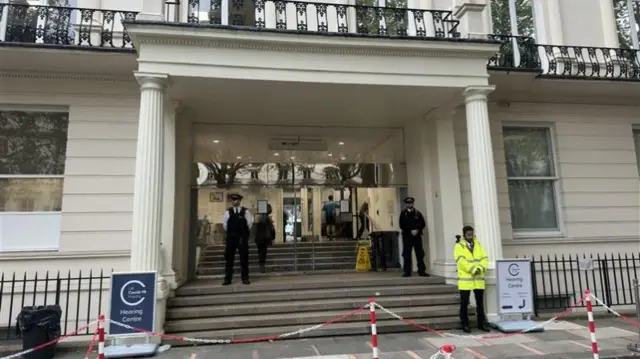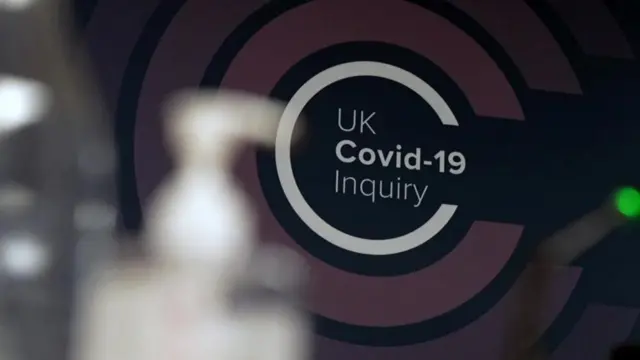'Regrets' and 'my responsibility' - what have we heard so far?published at 11:39 BST 14 October
If you’re just joining us, we’ve been hearing from former Education Secretary Gavin Williamson at the Covid inquiry, where he’s been talking about how school closures were handled during the pandemic.
Before the room went for a comfort break, Williamson said:
- The lack of planning from the Department for Education (DfE) was not a “dereliction of duty”, but a lack of understanding about the scale of the pandemic
- The DfE could not exercise autonomy when it came to planning for school closures
- He says he wishes he had handled things differently - and readily accepts mistakes were made, including the delay to school closures
So far, Williamson has made it clear he accepts it was his responsibility and is apologetic.
We’ll bring you further key lines once the inquiry recommences.
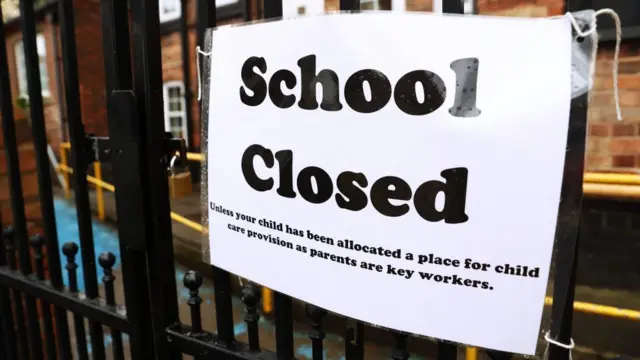 Image source, PA Media
Image source, PA Media